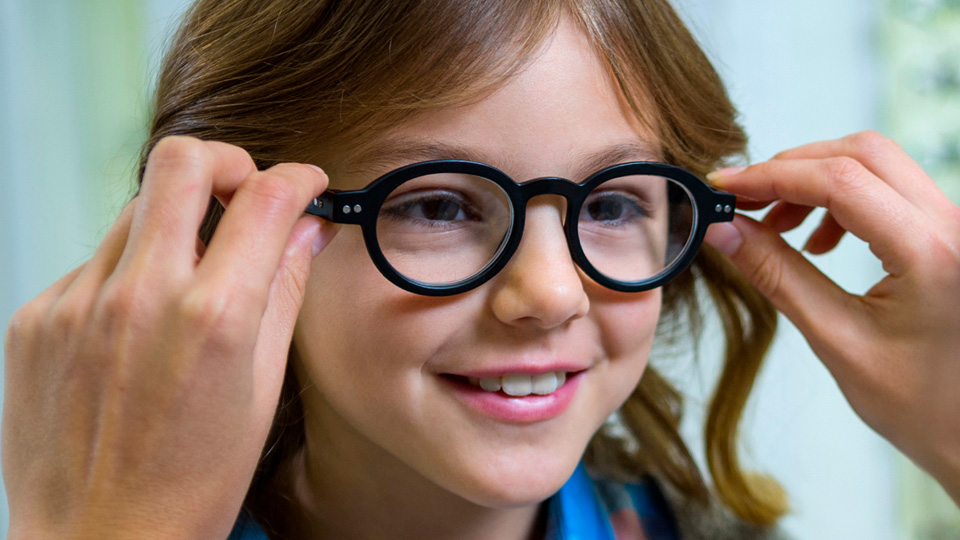All about the skin around the eyes and “drooping” eyelids
04/04/2025

27/12/2023
Myopia, often referred to as short-sightedness, is a common refractive error where distant objects come into focus in front of the retina rather than on it. This condition leads to clear vision of nearby objects while causing distant objects to appear blurry. Myopia can be attributed to various factors, including an increased curvature of the cornea (as seen in conditions like keratoconus), changes in the refractive index of the lens (as in cataracts), or elongation of the eye itself (myopic eyes are longer than the average eye), which is the most prevalent cause in our specific environment. The prevalence of myopia has been steadily increasing on a global scale, particularly in urban populations, making it a significant public health concern.
Fortunately, myopia can be effectively corrected using glasses, contact lenses, or surgical procedures, all of which can deliver excellent results. However, progressive or high myopia can raise the risk of developing serious eye conditions such as retinal detachment, cataracts, or glaucoma. As a result, the quest for effective solutions to control myopia has become imperative.
Peripheral defocus lenses are a type of contact lenses or glasses specifically designed for myopia control. This innovative technology has sparked great interest in the field of ophthalmology due to its potential in slowing down the progression of myopia in young patients. These lenses are crafted to intentionally induce controlled defocus in the peripheral visual field while maintaining clear central vision. This alteration in visual perception initiates a 'growth delay' response in eye elongation, ultimately aiding in reducing myopia progression. Clinical studies have demonstrated the particular benefits of these lenses for children and adolescents with progressive myopia or a strong family history of myopia.
It is worth emphasizing that the prescription of peripheral defocus lenses should come from an ophthalmologist with expertise in myopia control. A comprehensive eye examination is crucial to assess a patient's suitability for this type of lens. Additionally, regular follow-up and proper lens adaptation are essential to ensure their effectiveness and safety.
While peripheral defocus lenses hold promise for myopia control, they should not be seen as a complete solution. It is essential to encourage patients to complement their use of these lenses with other myopia control measures. These may include spending more time outdoors and reducing screen time. Preventative measures and early myopia control can significantly enhance long-term visual quality of life and decrease the risk of associated eye complications
Dr. Paola Sauvageot, Ophthalmologist at the Barraquer Ophthalmology Centre